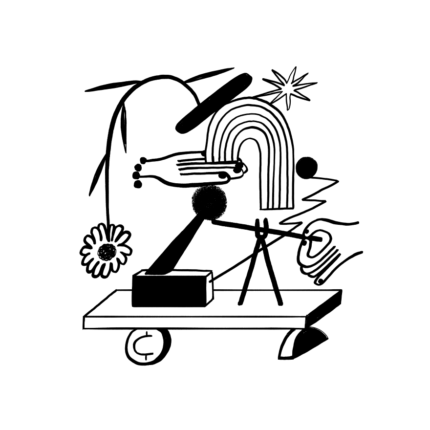
More of what you need to know: On Medicare enrollment and your health savings
When you enroll in Medicare affects your eligibility for an HSA. As is true of most things in life: timing matters. Here’s what you need to know.
We don’t have a crystal ball (sadly), and we’re not going to straighten the Medicare maze here (that article would be TL;DR).
So why are we talking about Medicare enrollment and health savings accounts (HSAs)? Because when you enroll in Medicare affects your eligibility for health savings accounts. As is true of most things in life: timing matters.
Here are three important things you need to know about Medicare enrollment and HSAs in order to live your best (read: healthiest and wealthiest!) life after 65.
What is Medicare?
Medicare is the federally-run health insurance program for people who are 65 or older, certain younger people with disabilities, and people with end-stage renal disease (permanent kidney failure requiring dialysis or a transplant).
Here, there are three types of insurance coverage:
1. Medicare Part A (Hospital Insurance)
This covers inpatient hospital stays, care in a skilled nursing facility, hospice care, and some home health care. This coverage mainly serves needs most common among older Americans.
2. Medicare Part B (Medical Insurance)
This includes medical care and services provided by doctors and other medical professionals, home health care, durable medical equipment, and some outpatient care and home health services. This part of Medicare is most like the insurance you have before you turn 65. In fact, Medicare Parts A, B and D can be provided through private insurance companies as Medicare Advantage.
3. Part D Drug Benefit (Medicare Rx)
This is an optional benefit that helps Medicare patients to pay for outpatient prescription drug purchases in retail, mail order, home infusion, or long-term care pharmacies.
What is a health savings account (HSA)?
HSAs are like personal savings accounts, but the money is used to pay for eligible health care expenses. Lawmakers created HSAs in 2003 to help individuals and families offset the growing costs of healthcare.
HSAs are the most tax-friendly way to save. Contributions to an HSA are not taxed, funds in an HSA grow tax-free, and distributions for qualified medical expenses are not taxed. You must be enrolled in a high-deductible health insurance plan (HDHP) to make contributions to your HSA.
Yes, the tax benefits of these nifty things are substantial. But what makes an HSA irresistible? You can grow the money in your account through tax-free investing, just like an IRA or 401(k). Once you reach 65, you can use the funds for any purpose, including non-healthcare expenses without penalty (though withdrawals are subject to income tax).
Okay, So Remind Me How Medicare Enrollment Affects HSA Eligibility?
You might have read our other article about this topic before, but in case you’ve forgotten how this works (these things are not simple, we get it!), here’s the deal with Medicare enrollment and your HSA.
With an HSA, current law requires you to have an HDHP and no other health insurance. Medicare is a type of health insurance. If you enroll in Medicare, you would be disqualified for an HSA. Boom.
So… what can you do to maximize your tax-free contributions? Choose to delay Medicare enrollment. But keep in mind this action will also delay your ability to collect Social Security benefits.
If you’re already receiving Social Security benefits when you become eligible for Medicare, you are automatically enrolled in Medicare Part A. So you can’t decline Part A and collect Social Security benefits.
Meanwhile, if you decide to enroll in Medicare later, make sure to mark your calendar and stop contributing to your HSA at least six months in advance. If you don’t, you may be slapped with a tax penalty, as Medicare Part A provides six months of retroactive coverage upon enrollment.
Exceptions to “The Rules”
There are some exceptions to HSA-account eligibility of which you’ll want to be aware. For example, if you’re employed with a company that has at least 20 employees, you can postpone applying for Social Security and Medicare without penalty. In this case, you’re allowed to continue making contributions to your HSA until you stop working.
Once you’ve signed up for Medicare, you can keep your HSA and use the money in your account to pay for qualified healthcare expenses. And that isn’t up for debate!


